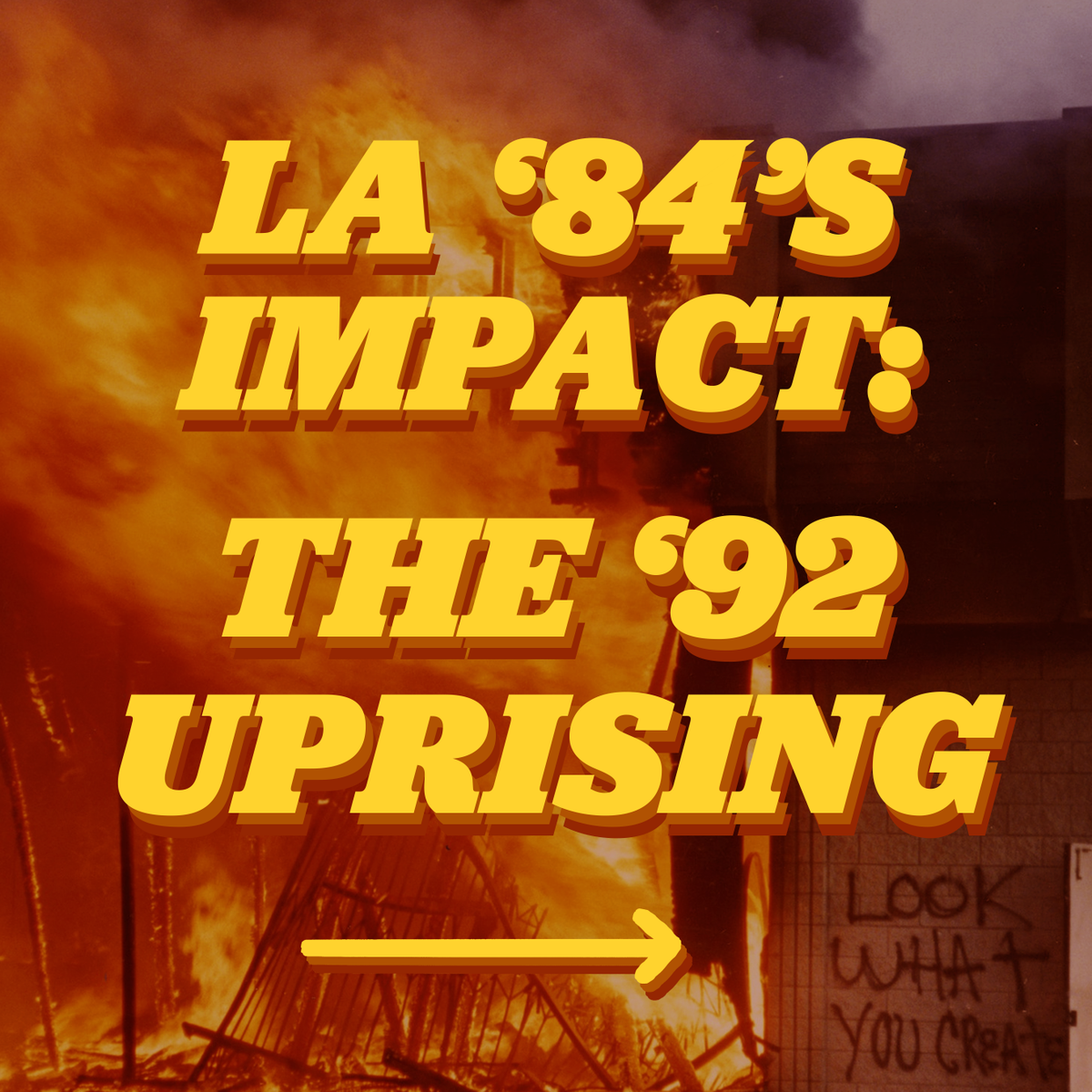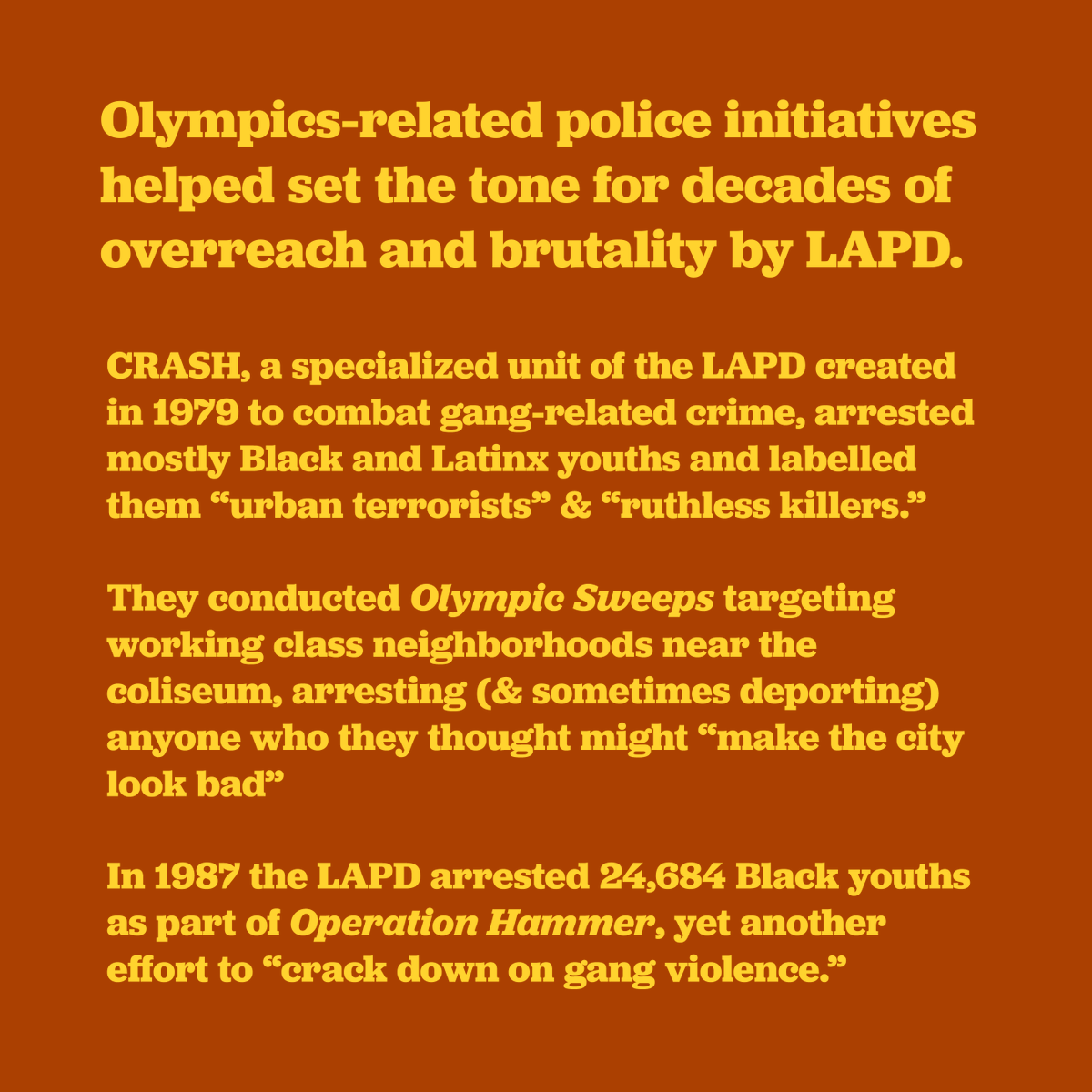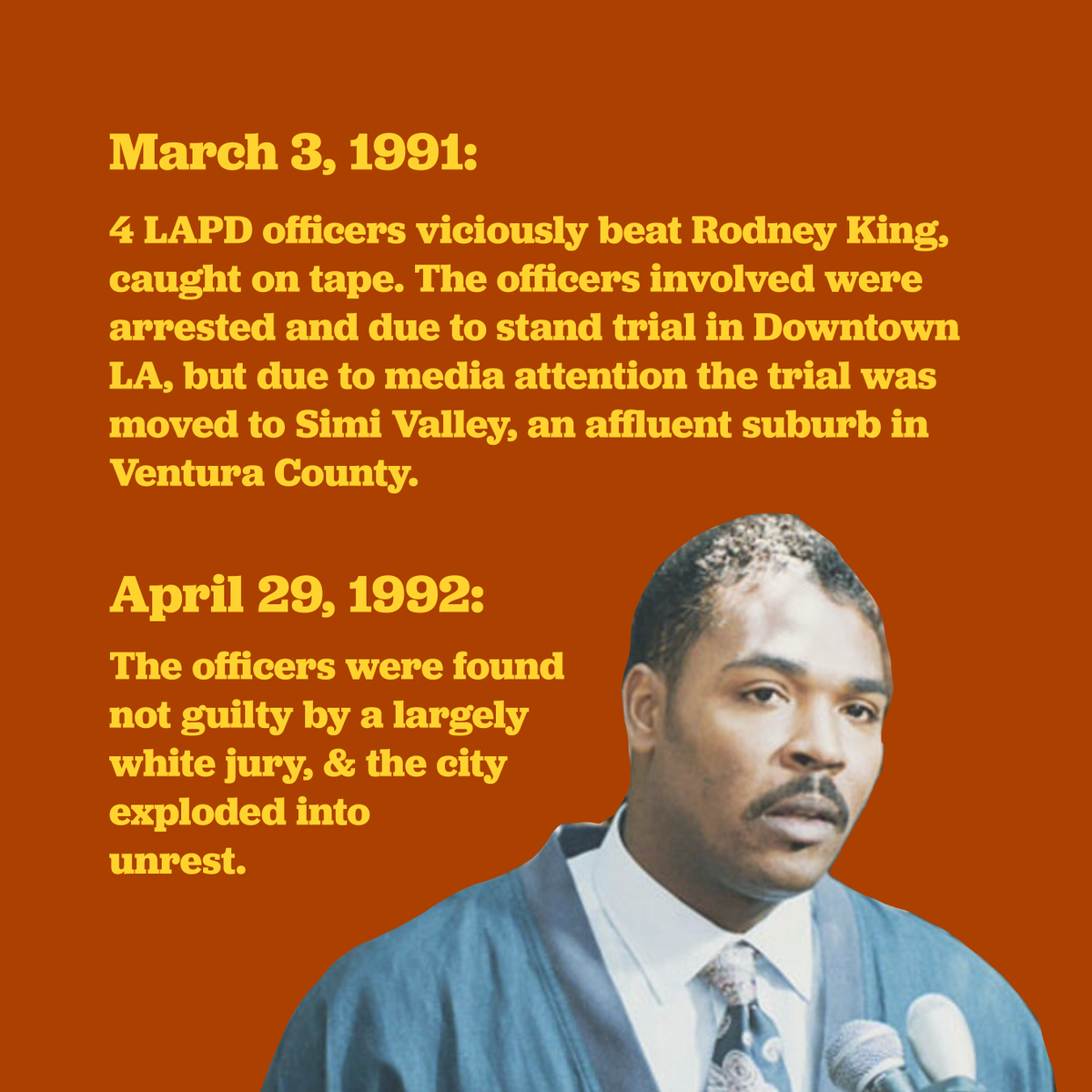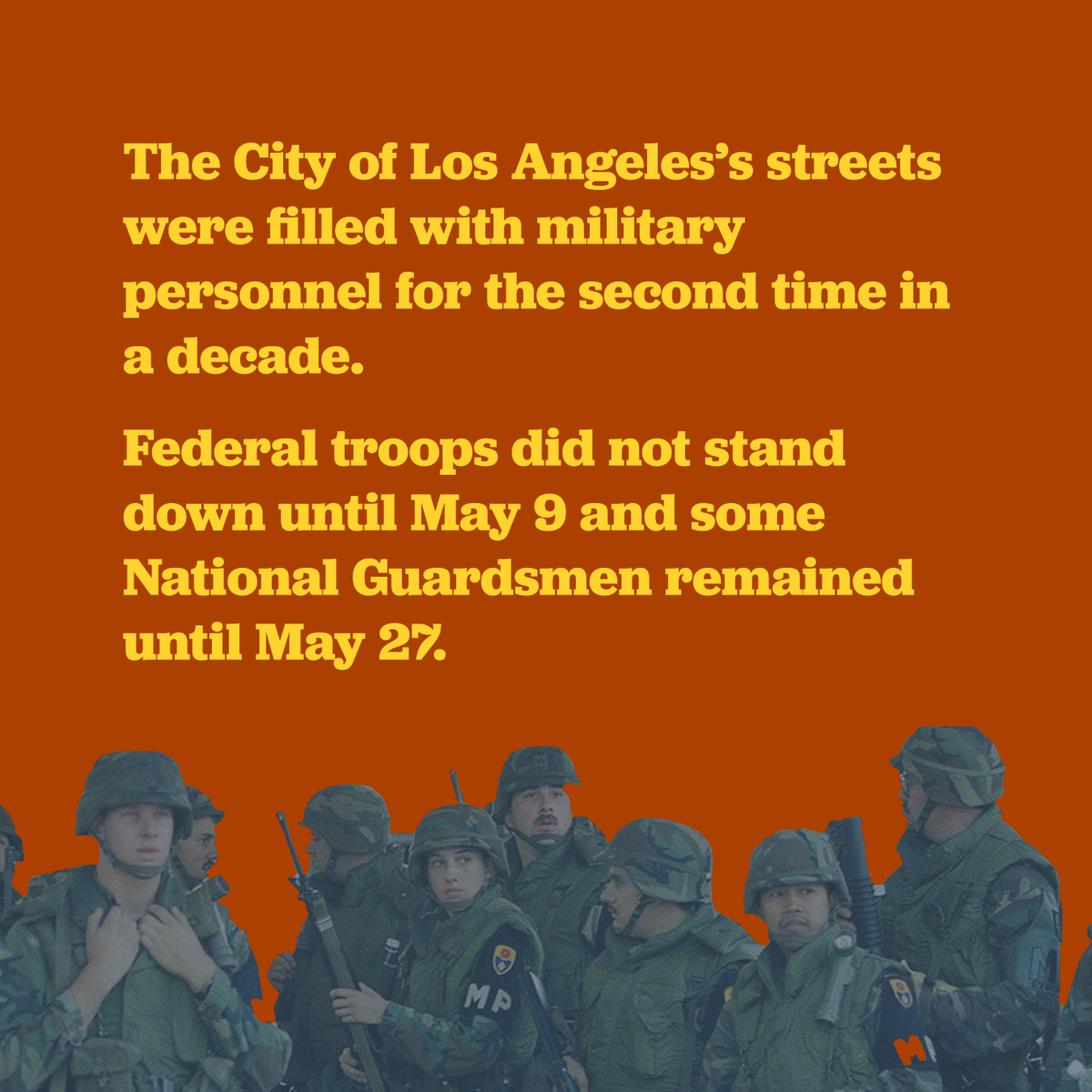
🚨 BREAKING: NOlympics LA launches LOCKS ON MY BLOCK campaign to fight displacement by Airbnb hotels.
#LocksOnMyBlock
#LocksOnMyBlock
Reporting Airbnb is easy as 1-2-3
1️⃣ Go to nolympicsla.com/locks to use the #LocksOnMyBlock tool we built with @antievictionmap
2️⃣ Report Airbnb activity in your community
3️⃣ If you’re not sure how to spot one or why Airbnb is such a problem for tenants, keep reading
1️⃣ Go to nolympicsla.com/locks to use the #LocksOnMyBlock tool we built with @antievictionmap
2️⃣ Report Airbnb activity in your community
3️⃣ If you’re not sure how to spot one or why Airbnb is such a problem for tenants, keep reading
How is Airbnb connected to LA’s homelessness and eviction crisis?
We’ll show you!
We’ll show you!
Airbnb, otherwise known as short-term vacation rentals, take vital housing stock off the market, particularly rent-stabilized units (RSO) and lower-cost units that poor and working class families can afford.
As it stands, landlords and corporations can make greater profits renting short-term to wealthy tourists than they can from long-term tenants.
Turning homes and neighborhoods into tourist zones has become highly lucrative.
Turning homes and neighborhoods into tourist zones has become highly lucrative.
More importantly, Airbnb is incentivizing commodification of neighborhoods, catering to wealthy tourists, and pricing residents out of their communities.
While LA fails to support the 66K people experiencing houselessness, this speculative market exacerbates the situation.
While LA fails to support the 66K people experiencing houselessness, this speculative market exacerbates the situation.

39,486 Airbnb rentals sit vacant most of the year.
Nobody is living there!
This drives up prices while entire apartment buildings are converted into more short-term rentals and tenants are evicted into houselessness.
Nobody is living there!
This drives up prices while entire apartment buildings are converted into more short-term rentals and tenants are evicted into houselessness.
And what exactly makes an Airbnb “legal or illegal?” Are legal Airbnbs okay?
In November 2019, after years of pressure and organizing from groups fighting displacement across LA, the Home Sharing Ordinance made it effectively illegal within the City of LA to list any unit other than one’s primary residence on Airbnb.
The law isn’t a total ban on Airbnbs, but it does target landlords and real estate speculators who use Airbnb to hoard residential units.
Still, the Home Sharing Ordinance hasn’t been enforced; rapidly gentrifying areas outside of the City of LA, like Inglewood, are not even covered by it.
latimes.com/california/sto…
latimes.com/california/sto…
As always, we cannot rely on the law to protect us.
There are still plenty of other laws, such as the Ellis Act, that allow landlords to evict tenants legally from rent-stabilized apartments so that they can create boutique hotels to list on Airbnb without retribution.
knock-la.com/ellis-act-evic…
knock-la.com/ellis-act-evic…
We need to continue organizing + defend our homes no matter what laws are in place, but distinguishing between illegal and legal Airbnbs can help us determine specific strategies + tactics. Any Airbnb or other short-term rental that is being used to displace tenants is a problem.
It’s important to note that our use of “legal” and “illegal” are only applied to the units and the behavior of the landlord, not the people who happen to be renting the Airbnb.
We don’t want this law – or any similar ones – to be used as a pretext to crack down on individuals, such as sex workers (who Airbnb often targets).
Check out our guide for how to identify an illegal airbnb: bit.ly/airbnbsleuth to dig deeper into the weeds.
Next Question:
Aren’t most Airbnbs just ‘Mom & Pop’ landlords trying to pay their mortgage, or people like me who need extra money to pay rent?
Aren’t most Airbnbs just ‘Mom & Pop’ landlords trying to pay their mortgage, or people like me who need extra money to pay rent?
The way Airbnb markets itself, you’d think so! Airbnb relies on the image of individuals renting out spare rooms to promote their platform. In reality, 38% of hosts with just one Airbnb listing – like a spare room – made no profit whatsoever on the site.
Furthermore, as of 2015 nearly 90% of Airbnb profit in Los Angeles comes from people renting out entire units and leasing companies renting out two or more units.
The most profitable Airbnbs are ones that sit completely empty when not used by tourists, which incentivizes landlord leasing companies to displace long-term tenants and keep those units empty. 

Airbnb is now essentially operating as a massive real estate developer with no actual real estate holdings.
As a result, Airbnb makes it harder for tenants who are struggling to pay rent because landlords are more inclined to evict them, remove their housing from the market, and contribute to higher rent prices.
Housing is a human right and a basic survival need; people should not need to rent out their homes on Airbnb just to make ends meet, especially when Airbnb itself is accelerating our skyrocketing costs of living.
How can I identify an Airbnb in my building or on my block?
There are a few common signs that there’s an Airbnb near you:
There are a few common signs that there’s an Airbnb near you:

Another question we hear is, “Am I a bad person for using Airbnb?”
It’s not about you specifically. Our goal is not to regulate or enforce individual consumer behavior but rather fight the people in power.
Your personal consumption habits are not going to make or break this crisis – it’s fine if you want to be more conscientious about how and where you spend your money, but ultimately we are organizing to change things on a systemic level.
And finally, what does this have to do with the Olympics?
In November 2019 Airbnb signed a ten-year partnership with the Olympics. The newly public $100 billion dollar “real estate” company will be supporting all games until 2028, including the summer games in LA. 

This contract further enables Airbnb to use its time, money, and legislative and political power to increase the number of Airbnb units before the 2028 games.
Like the Olympics, Airbnb has always incentivized tourism. A ten-year partnership is a match made in hell.
nolympicsla.com/2019/12/18/the…
nolympicsla.com/2019/12/18/the…
As with any NSSEs (National Special Security Events), mega-events are mass drivers of displacement, gentrification, policing, and social cleansing.
nolympicsla.com/nsse
nolympicsla.com/nsse
With Airbnb as a global partner, the Olympics – which has already displaced over 2 million people in the last twenty years – will make LA an increasingly unlivable city as its sites drive speculation and incentivize evictions.
nolympicsla.com/2020/08/13/hom…
nolympicsla.com/2020/08/13/hom…
The city will be especially dangerous for our more vulnerable, lower-income communities.
While post-COVID evictions are happening en masse, Airbnb and its corporate landlords can quietly come in and purchase units, expedite gentrification, and completely alter the identity and average rent of a neighborhood.
nolympicsla.com/2018/08/16/on-…
nolympicsla.com/2018/08/16/on-…
Both the Olympics and Airbnb are corporations that were founded on real-estate interests and the wealthy-tourist economy.
They believe a city’s palatable corporate image comes before the lives of the poor.
Let's fight back.
nolympicsla.com/locks

They believe a city’s palatable corporate image comes before the lives of the poor.
Let's fight back.
nolympicsla.com/locks


• • •
Missing some Tweet in this thread? You can try to
force a refresh






